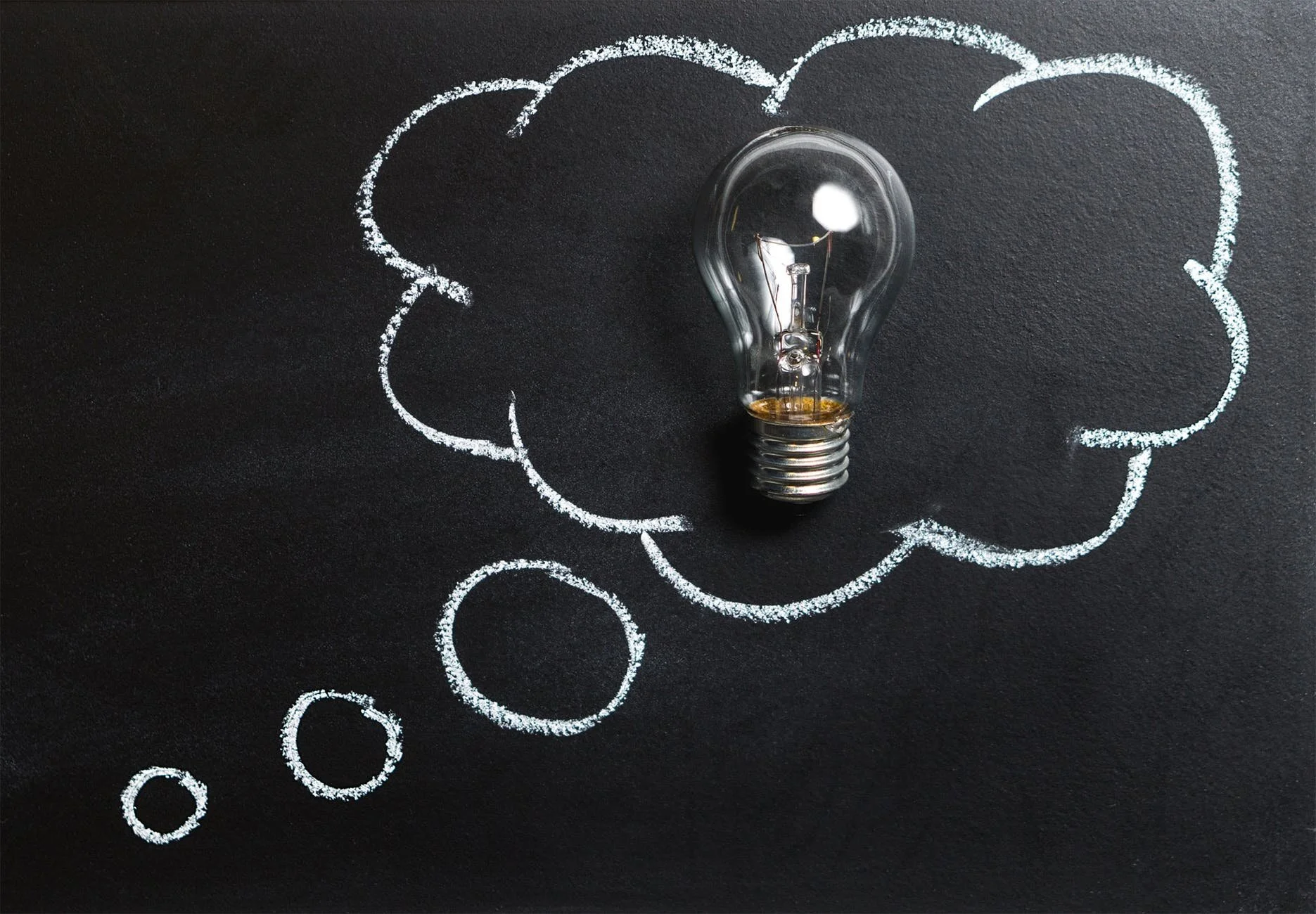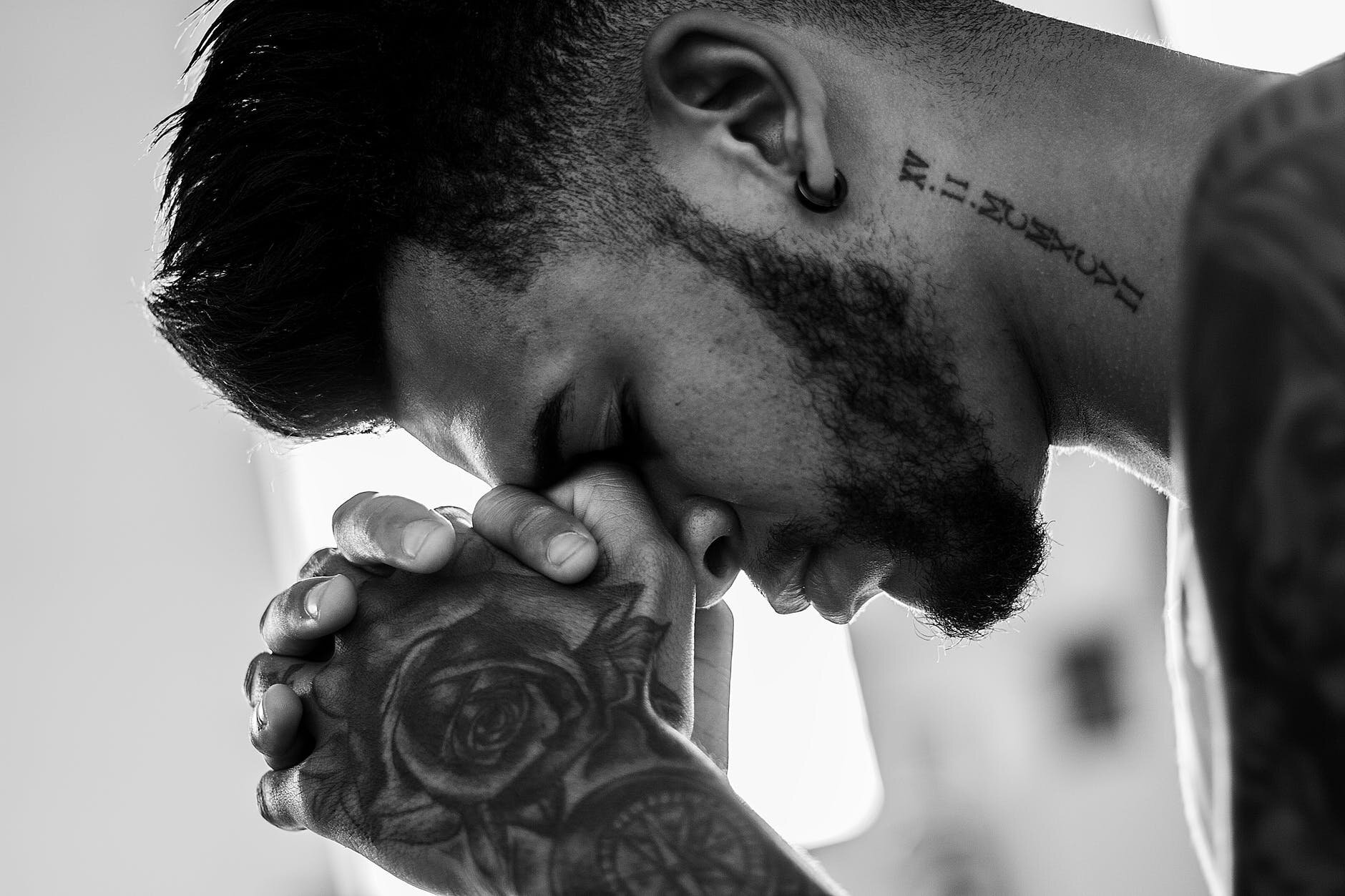It may be too soon to truly discuss the repercussions on our culture as the new medical mandate of “social distancing” is taking place. We still cannot predict how the term itself may continue to encourage the majority of people to be an indoor, insular, and screen attached society, who orders food and necessities on demand to their doors. Maybe some people will take a chance and still enjoy walks in the fresh air along the waterfront or on a forest trail. Or maybe, we will forever think of one another as potentially contaminated. So many dramatic “what ifs?” are arising because of a worldwide economic halt. Without tallying up the unexpected harms this has caused in society, many things that we are witnessing at the time of COVID-19 are outright traumatic. We cannot assume any one of us is faring well right now even if our health seems to be in order, but take a moment and give yourself some credit. You are alive and getting through during these uncertain times. This is an emotional and psychological trauma that we as a collective are experiencing. We have yet to collect ourselves and lick our wounds on the other side.
“Trauma:
1. A deeply distressing or disturbing experience.
emotional shock following a stressful event or a physical injury, which may be associated with physical shock and sometimes leads to long-term neurosis.
Similar: shock, upheaval, distress, stress, strain, pain, anguish, suffering, upset, agony, misery, sorrow, grief, heartache, heartbreak, torture, disturbance, disorder, jolt, ordeal, trial, tribulation, trouble, worry, anxiety, burden, adversity, hardship
2. Medicine: physical injury”
Economical Quarantine
Whether we like it or not, we are being asked to quarantine. Events are being canceled and there are fewer places to go out to. There is even less money to circulate for many who were asked not to come to work. Everyone in the world is witnessing and reacting.
For once however, our society is considering prevention and preventive health measures like never before. The community suddenly is considering hygiene, personal space, and medical leave as responsibilities and rights. We can have a greater appreciation for childcare providers, teachers, healthcare workers, food suppliers, and even truck drivers during the 2020 pandemic. Almost as a new concept, we are considering the health of the most vulnerable people: the elderly and immunocompromised. Breathe deeper for a moment knowing that there is less pollution and mass production worldwide. It is hard to make people, who enjoy living freely, conform to considerate quarantine overnight. Of course, big cities like New York and Chicago are so densely populated, they required mandates immediately. If you are in a place with more miles than people, you may never be mandated to lock down but may practice considerate quarantine. As the world changes dramatically around us, it may help to hold tight to a few of the following mindful measures. These are ways to ease stress and center during uncertain times.
Some Mindful Practices To Consider During Considerate or Mandated Quarantine:
Even when we aren’t bombarded by a media blitz of the pandemic, we can’t avoid news of government protocols and shutdowns. It is the topic of conversation with whoever you talk to. Let’s be grateful that we can continue to adapt in response to the stress of the current situation. We are doing what we must to respond to such a dramatic shift in the lives of so many. The relatively healthy or asymptomatic who are quarantined at this time should be grateful for their well-being. We must all hold space for a transformation of the whole culture.
If its within your ability, now would be a meaningful time to lend a hand if you can. Maybe you cannot give money or materials, but you can give time. You can offer childcare to parents who still have to go to work, help at the local food pantry or soup kitchen, or rides to those who might not be able to afford gas, or without transportation at all, food if it is within your means, or phone calls to check on your elders. In times of tragedy, humanity survives by remembering this reality is all of ours to witness together. Though we may honor the medical mandates and economic shutdown, social distancing will not stunt our society socially. We will remain in meaningful communities and continue to create reasons to socialize.
















